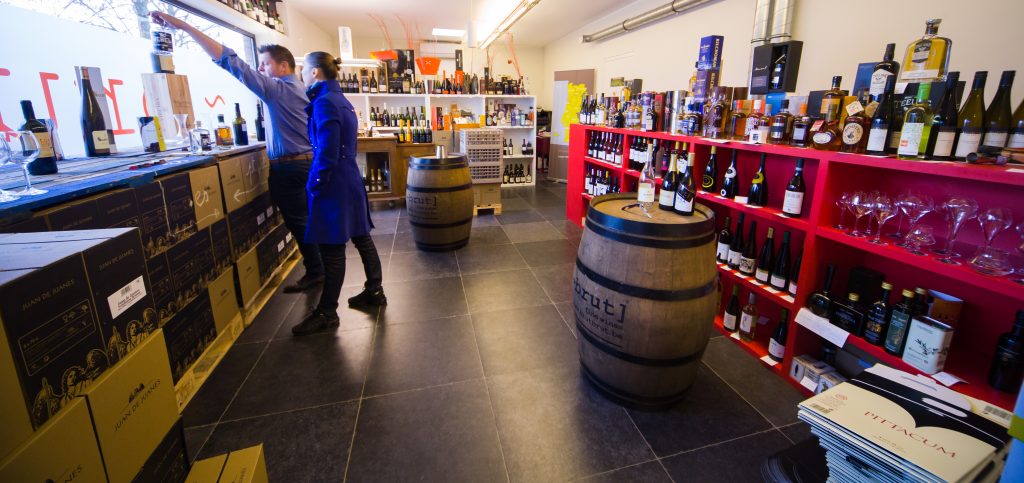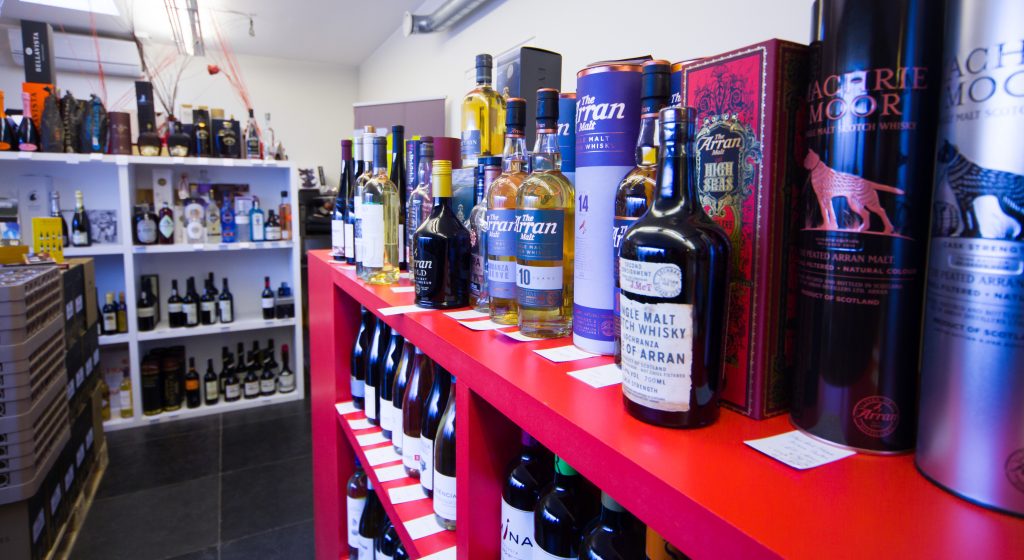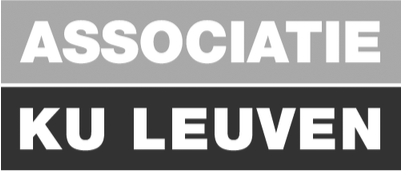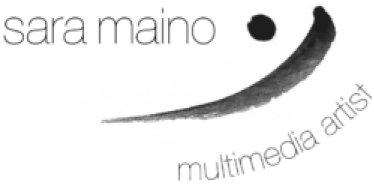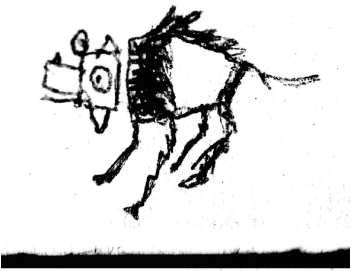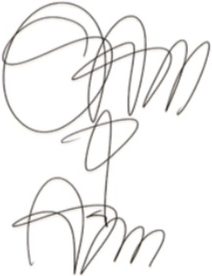When Bert Vangertruijden was growing up in the small village of Martenslinde (Bilzen, Belgium), an area of beautiful country houses and fruit valleys, he was often carried away by the silent scenes of his grandparents’ abandoned wine cellar: dusty bottles, rusty corkscrews and old wine books – all left alone snoring in the dark and gloomy basement. Decades later, after years of studying Dutch and English literature and culture in Brussels/Leuven, working in logistics and teaching, Bert opened his own wine shop “Brut” in his hometown of Bilzen.
It is nothing more than a nice door, leading to a cozy shop, in front of a charming house in the residential suburbs of Bilzen. If you are not a local, you have to go looking for this place. It is like treasure hunting; you have to get a little lost. Wedged in a block with a family house of Vangertruijdens, this extraordinary wine shop boasts a spacious reception room filled with numerous shelves and racks full of worldwide distillates and delicious wines from Spain, Portugal, Italy, Austria and France. The brochures lining the shelves give credit where it’s due – with the names of wine blends and wineries. They offer detailed descriptions of what you’ll find in the bottle. Sparkling glassware, candles and some repurposed oak barrels create a welcoming atmosphere. This is “Brut”.
This modest wine shop is on an extraordinary mission – to bring a personal selection of wines and liqueurs to the region of Limburg, not the average assortment supermarkets sell.
“ Well, the shop is here because I was convinced the region was ready for it,” says Bert Vangertruijden, the owner. “I started in the wine business with organizing tastings and events, and selling to bars and restaurants – mainly friends. Wine shops at the time were or low quality, or elitarian, snobbish places, for label rather than wine lovers. Brut is direct, product-oriented. First question asked: what would you like to taste. That is the concept, but the concept also embodies adaptability. The shop is the warehouse, the pallet is the table – until the wine is sold and the table ceases to be. ‘Brut’ is the company name, but the style is brut as well. Obviously, this pleases a certain type of customers. Of course, I am very well aware of the fact that conventional customers dislike this approach, or consider it lacking seriousness or professionalism. There’s not a lot of fancy Bordeaux or big-shot Burgundy at “Brut”. My aim is to bring a personal selection of wines and liqueurs – wines I consider good value for money, interesting, exciting – and not the stuff the average supermarket sells. However, I’m not a radical. A product cannot be a blockbuster if it is non-commercial. My business cannot exist without crowd-pleasers. But there’s Prince and there is Justin Bieber”.
Every startup has a story. Too often, those origin stories are crammed with ego and infighting over money. In contrast, the history of “Brut” seems refreshingly sentimental. “As a child, I spend lots of time at the horse stables of my aunt and uncle, who ran a manège, and at the road construction company of my mothers parents. But my other grandparents were active in food- and beverage industry and distribution. They produced waffles, nougat, but also liqueur. They also distributed wines. This side activity stopped around the time I was born. But as none of the family members had any interest in wine, and all of them considered the remaining stock ‘rubbish’, I had a free hand in the wine cellar. But again: even though wine had been a family activity, it never was an item of attention or passion for the family. For me the fascination for wine was a combination of elements: the childhood memory of this mystical wine cellar, which was mainly neglected by everyone. Then: I worked in all kinds of bars, restaurants, bistro’s. Many of which served absolute rubbish as house wine. However, others had very interesting wine selections. I got entangled, started reading and buying – wine and food pairing fascinated me. Third and very important element: when studying in Brussels, a fellow student was into wine, and started importing Portuguese wines at the time when the only thing known on the Belgian market was Matteus Rosé and Port wines – now, he is the main distributor of Portuguese quality wines”.
In the country where specialty wine shops are used exclusively by the growing middle and upper class, “Brut” has opened its doors to people from all walks of life — but mostly for those who love to experiment and think. Anyone who is not thrilled by mass culture can find something exclusive and affordable here. ”There are the wines I fall for, and then there are the wines I know will be top-sellers. Certainly, I do follow what is going on in the wine world. However, I skipped on the blue wine”, laughs Bert. “Because I didn’t see the point. My focus is mainly on Spain, Portugal, Italy, Austria and some French producers, mainly for biodynamic wines. And of course: is the wine an attribution, an added value to my portfolio?”
The wine shop is a labor of love for Bert and his partner Katrien, who supported him during the hardest periods of a start-up. “When I came up with the idea, there was little enthusiasm for it. Few people believed in it – essential is that my partner Katrien did support me – without that it would’ve been a difficult story, as we built the shop/house together. I convinced her that it was better to have a parking lot in front of the house than a garden you never enjoy because of traffic. If the business would’ve failed, the 120 square meters were convertible to an apartment for renting out. I knew it would take some years to acquire the necessary stock – in order for that, I kept my job as a teacher, and initially even as a waiter in Bilzen nightlife. We have three daughters to provide for. The heaviest years are behind us now, the stock is paid”.
Over the course of the last decade, Bert has worked with an exclusive list of the wine producers he has personally visited. “I get to know a wine before I get to know its producer. Samples are delivered; we taste, order, and then visit the winery. Obviously visiting the producer and region deepens your understanding. But tasting wine is very multisensorial. The classic story of ‘we bought a trunk full of rosé on our Provence holiday, but it tasted all different when we got home’ also exists for wine professionals. First taste must be in my personal surroundings, alone, avoiding distraction”.
As we spend a Sunday evening tasting wines in ‘Brut”, the brain drifts back to a very familiar topic: the factors that influence our choice of wine to buy. According to Bert, the criteria of good wine are “positive unpredictability – the component we haven’t expected, complexity – the obvious length, and, in general, balance”. “My top sellers are a few Spanish Rueda and Valencian wines, but for reds I do lots of Portuguese Douro’s and Alentejo’s, Austrian (!) Rosé’s, Veltliners and Piemonte Barbera’s. Very important in my turnover are cava’s, Franciacorta bubbles and port wines. Whisky’s and our own Rebel Dry Gin go smooth as well”.
It is intriguing to think of “Brut” wine shop as a space for sharing and experiencing culture. In its own way, wine is a window into the world of other traditions, history and tastes. Every now and then, Bert organizes themed events: wine, whisky or GT’s. “I prefer improvised tastings, where we taste a few bottles first, and then use reactions/feedback as a basis for selecting the next bottle, to the tastings where the itinerary is fixed, planned on forehand. This is, of course, only workable if the tastings are in the shop. For practical reasons, on location, there is always a worked out plan”, confesses Bert, with his face breaking into a huge smile.
By Marina Kazakova

